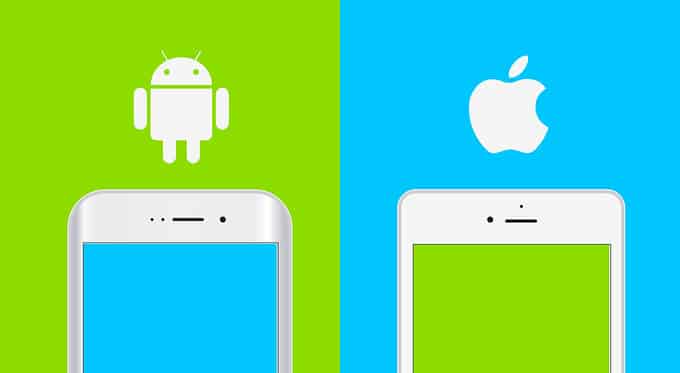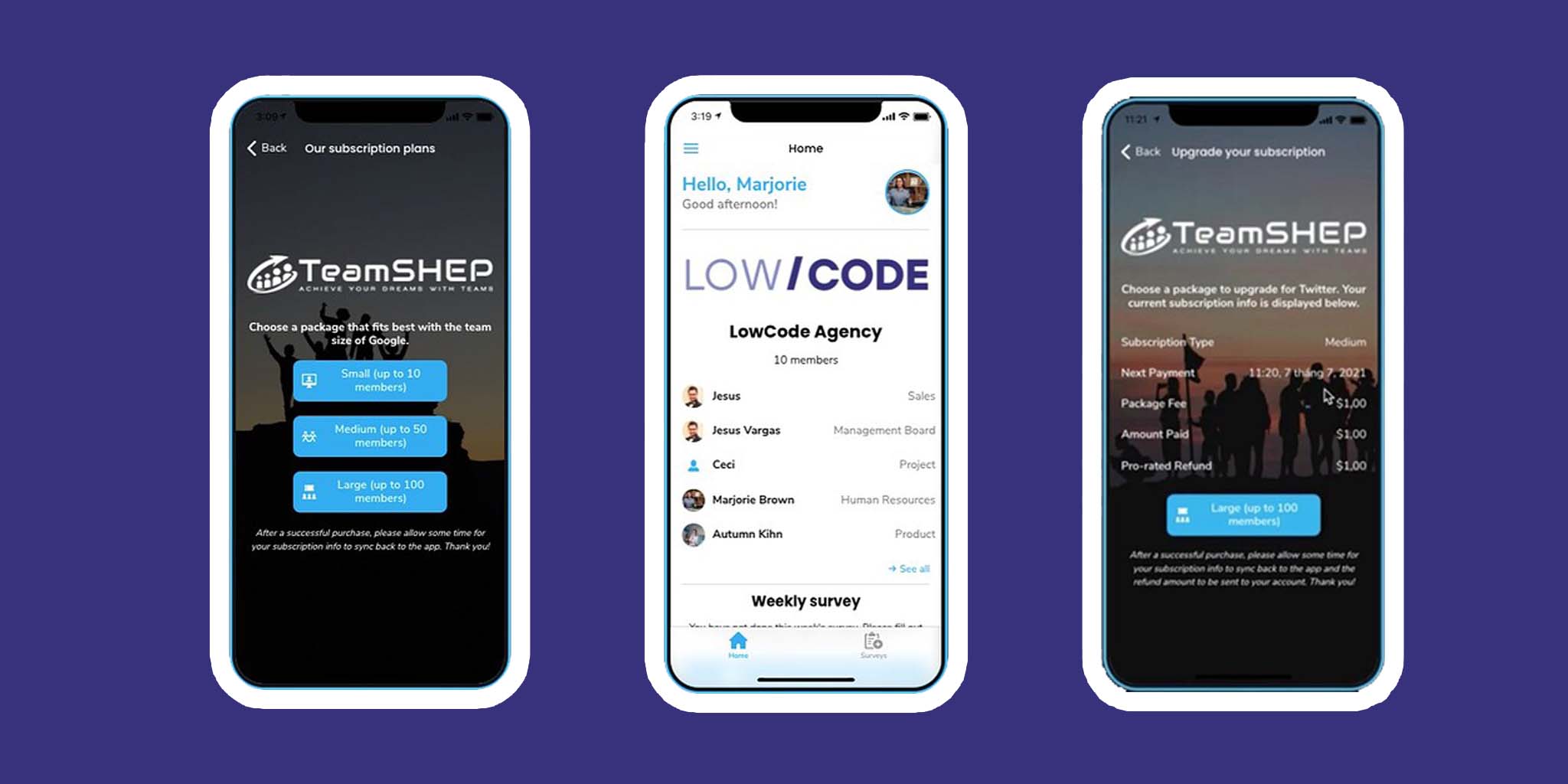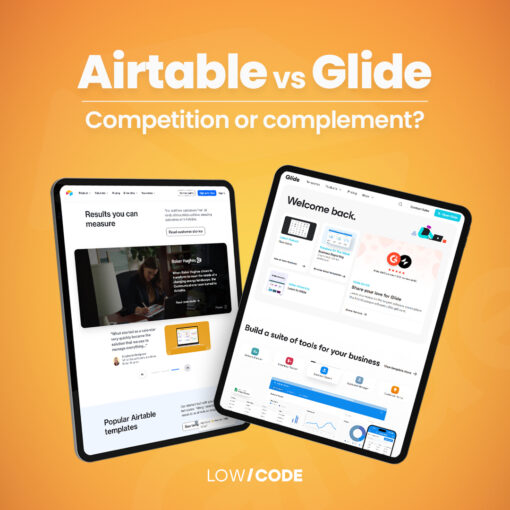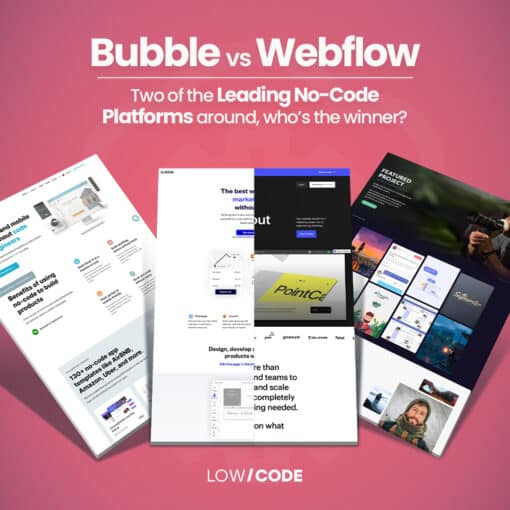The rate at which the mobile app world is developing is mind-blowing. Anyone would have a hard time keeping up, especially business owners who are already busy with day-to-day operations.
You may be thinking of developing your company’s mobile app, to further communicate with clients, offer easy solutions, extend your services or build your brand.
Mobile apps have been known to be an amazing tool for businesses to grow and develop their service or product. However, knowing how to navigate the development of said app can be a real challenge. Let’s talk about the five most important things to know before you can start developing a mobile app for your business.
1. Define Your Mobile App Target Audience
One of the first steps is to carefully define your target audience. Your objective as a business developing an app is to curate something that caters as well as it can to the needs of your audience.
Though you might think so, creating an app that works for anyone and everyone is impossible. That’s why you’ll want to finetune your app so that it works seamlessly for a particular group of users, which will be your target audience.
You’re going to want to think like your audience to assess what they want and how you can solve the problems they encounter. These questions could help you in the process:
● What problems should your app aim to solve?
● Who would want to download and use your app?
● In what ways could someone use your app?
● Which demographic aspects are you targeting? (Gender, age, ethnicity, language, location, education, household income, employment…)
● Is your app going to be dependent on a particular location?
● Which business goals will this app help you achieve?
● How will this app help you communicate with your ideal client?
● How can this app help you build your brand?
● What does your audience need?

It might help to define a few main user archetypes, just as you could imagine your ideal client would be. Then, whenever you decide on the development of your app, you’ll be able to come back to these questions.
Always make sure you’re sticking to something that your target audience will truly want and need.
Be honest, take the time to succeed in this step – your future self will thank you. In a nutshell: you can’t fulfill goals if you haven’t defined said goals beforehand; you can’t offer a solution if there’s no problem to solve.
2. Research Is Key
Before even starting to develop your app, you need to have a clear idea of the concept you want to create, and research it thoroughly.
Browse your App store or Google Play store, and find similar ideas to yours. Download the apps and spend some time perusing through their features and options. You’ll most likely find things you hadn’t thought of before, or realize some of these ideas don’t truly suit your vision.
Time spent researching the concept you want to implement is vital – always know what’s out there before you start investing resources into creating your app.
3. Choose Your Platform
Sometimes, when businesses have a limited budget in regards to developing a mobile app, they will have to choose between producing an app for Android or iOS. This may be your case.
However, this decision is not to be taken lightly, what platform your customer base uses shouldn’t just be an assumption. You don’t want to end up with an app you’ve spent time and money developing, which none of your clients can use.
Globally, Android users are a far larger group than iOS users. However, in the US for example, iOS and Android users split the market 50/50. This number varies across the globe, it can change according to what industry and field your business fits under; research this before you make any decisions.
Once you’ve chosen between iOS, Android, or both, you’re going to have to decide which types of devices you’re building your app for.

Your client base and target audience may be using devices you aren’t suspecting. This has huge implications for the smooth user experience of your app.
Both Android and iOS have smartphone and pad devices, all of which don’t have the same requirements when it comes to screen width for example. For example, devices that have larger screens could allow you to endure fewer limitations than you would for iPhones.
Once you’ve determined this information, you’ll be able to start defining the dynamics of your mobile app.
4. Choose Your System: Native, Hybrid, and Web App
Developing an app is a technical process that calls for some basic knowledge and understanding to make important decisions.
Don’t worry though, this knowledge is becoming increasingly accessible to business owners: in 2021, 32 percent SMBs own a mobile app, and 42 percent report that they plan to launch one in the future.
Among the crucial decisions businesses developing an app have to make, you will find whether or not you should make your app native, hybrid, or web.
This decision will carry a lot of weight in the future, regarding maintenance and the way each type of app is developed. It will also impact the user experience of your app, so choose carefully.
The main difference between these three types of systems is that native and hybrid apps are installed in an app store, whereas web apps are mobile-optimized web pages that look like apps.
Hybrid and web apps render HTML web pages, but hybrid apps use app-embedded browsers to do so.

The advantages and disadvantages of each app type are as follows:
- Device features – Both web apps and native apps have access to the full extent of device-specific features such as GPS, camera, gestures, and notifications.
- Offline functioning – If you want to offer an app that works without being connected to the Internet, you should choose a native app.
- Discoverability – Web apps are best for discoverability because they appear in search engine results. Users won’t have to go into the app store or play store and search for your app, then download it, then look for specific information. They’ll be able to directly access the information via their preferred search engine.
- Speed – Native apps are sometimes better at speed – this is important because responsiveness positively impacts usability.
- Installation – Native or hybrid apps can be difficult for users to acquire. They will have to be completely motivated and eager to go to the trouble of searching for the app, putting in their app store or google play credentials, and downloading it. A web app though is far more accessible for users to “install”. They’ll simply have to bookmark the web app on their browser so they can come back to it time and time again.
- Maintenance – Maintaining a native app is much more complicated for developers, though maintaining a web app or hybrid app is just as simple as maintaining a webpage and can be done as much as needed.
- Platform independence – Web apps and hybrid apps are much better at achieving platform independence.
- Content restrictions, approval process, and fees – Native and hybrid apps will need to pass approval processes and many content restrictions put in place by app stores. Web apps won’t have to go through all of that.
- Development cost – It is cheaper to develop hybrid and web apps.
- User interface – Native apps are always better at providing a swift, sleek user experience.
5. Monetizing Your App – How Is Your Mobile App Going To Generate Revenue
When you thought about your target audience and what you wanted the purpose of your app to be, you may or may not have defined how you want to generate revenue from your app.
This app could simply be a tool for you to communicate with your client base, or to grow your brand, but it could also be a way for you to make money.
There are different ways for an app to be monetized, thus creating revenue for your business. This could be useful for you, especially if you invested quite some time and financial resources into the development of your app. You can monetize your app through:
- Freemium apps, which are free to download but have locked features and content. These can only be accessed through a purchase if needed. Many game apps are freemium.
- Paid (premium) apps, which are paid purchases in the app or play store. If you choose this option, you’ll need a great marketing strategy to justify the cost of the app to your client base.
- In-app purchases, which offer digital or physical products for sale inside your app, just as an e-commerce website would.
- Subscriptions, which bring a recurring stream of revenue, similar to freemium apps.
- In-app ads, which provide zero cost barriers for the user and offer your app up for advertising space to provide revenue. Be careful not to sacrifice user experience with this model.
- Sponsorships, which are generally only possible once your app has a big user base.
All in all, developing a mobile app for your business allows you to offer many new features to your clients. You will also be able to grow your client base, all whilst defining and growing your brand.
You might even be able to generate more revenue thanks to app monetization and create a useful channel for marketing and communication with your clients.
Developing an app can be a complicated process though, and you’ll need to invest time, financial resources, and many decisions into your app.
Here at LowCode Agency no-code agency, we can help you make some of those complex decisions with our expertise in developing apps. Check out our free guide to launching a Minimum Viable Product (MVP) to help get your new app running in no time!
If you are a complete beginner, you may need to take a short introductory course on computer science online. Then, you’ll need to learn coding – Swift or Objective-C if you’re planning to develop on iOS, and Java or Kotlin for Android.
To create an app, you need to be able to write code, have design and writing skills, and have a strong sense of marketing.
Before developing an app, you should know your target audience, choose your platform, perform a lot of research, choose a system (hybrid, native, or web app) and know how you want to monetize your app.

Jesus is the founder of Low Code Agency: a low-code development agency that allows small business owners to get their mobile and web apps done fast and cost-effectively while maintaining quality.





